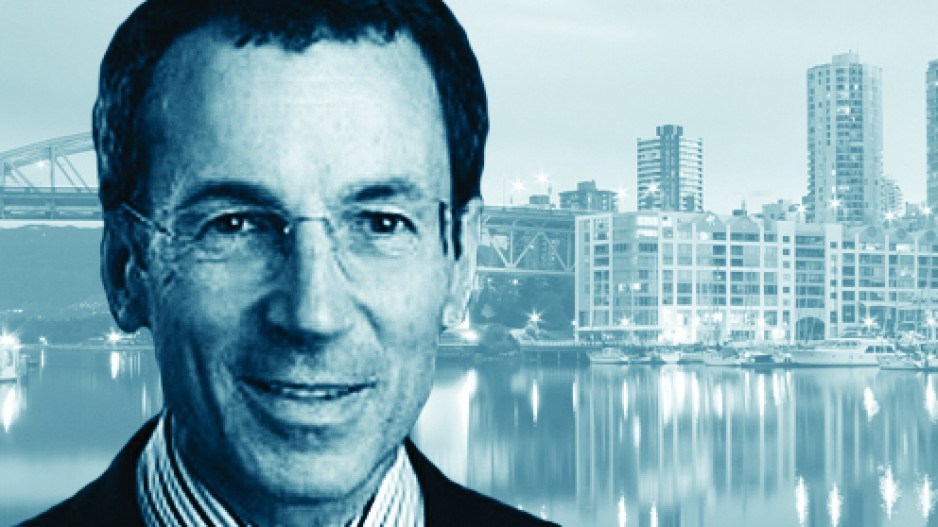The only thing hotter than Metro Vancouver house prices is the hot seat facing the premier as she gets closer to announcing the next iteration of B.C.’s climate policy. How will she fit a bright, shiny liquefied natural gas (LNG) future into a carbon-constrained policy envelope? Her government seems to be stepping on the gas and the brake at the same time. Yes for LNG, and yes for greenhouse gas emission reductions. Yes, we can have it all.
So far, former premier Gordon Campbell’s gutsy climate change initiatives have served our province well: economic growth has continued in parallel with greenhouse gas (GHG) reductions. The proceeds of the revenue-neutral carbon tax have flowed to low-income residents, to industrial property taxpayers, small-business owners, anyone paying personal income tax and corporations. B.C. now boasts one of the lowest corporate income tax rates in North America and among G7 nations.
The carbon tax has been lauded internationally. B.C. is now partnering with the World Bank as part of its Carbon Pricing Leadership Coalition.
“The example of British Columbia is one of the most powerful,” World Bank president Jim Yong Kim said just over a year ago.
Good for us, but shame on us for stopping there.
Christy Clark has been dining out on these successes for the past three years, but her after-dinner speech is getting thinner than the chances of an LNG plant going ahead before the next election. Her government has frozen any further moves to address GHG emissions and only talked about green job investments between breaths of excitement for a bright, shiny LNG future. But now with the Paris commitment, the new federal government’s embrace of a low-carbon future, the diminishing chances of a bright, shiny LNG future, rising B.C. GHG emissions and no chance of meeting legislated 2020 reduction targets, getting real about GHG reductions is unavoidable.
On the upside, Environment Minister Mary Polak’s dream is unavoidably enticing: “A strong climate leadership plan will help us take advantage of the low-carbon economy of the future, and the thousands of green jobs that go with it, while keeping us on track to our long-term greenhouse gas reduction targets for 2050.”
We’re now in the home stretch of public comment on 32 recommendations from the government’s 17-member Climate Leadership Team on how to meet our 2050 targets. The deadline is April 8.
The recommendations are stretched to the breaking point to welcome LNG and serious GHG reductions, which isn’t surprising given its mandate to report out “within the context of economic growth, B.C.’s LNG Strategy and the B.C. Jobs Plan.”
The team’s report says, cautiously, that there’s room for LNG, but it has to come with electrification, inclusion under a rising carbon tax and seriously reduced methane emissions.
Even that crack of credibility is only open if all the other recommendations are implemented, including increasing the carbon tax by $10 a year starting in 2018 (with protections for “emission-intensive, trade-exposed” sectors, estimated at 2% to 9% of B.C.’s economy), reducing methane emissions from natural gas production by 40%, powering the electricity grid with 100% renewables, much tougher green building standards and moving to zero-emission vehicles (30% of all light-duty vehicles by 2030).
That said, the Pembina Institute calculates that if the Pacific NorthWest LNG project near Prince Rupert goes ahead, it alone could take up between 75% and 108% of allowable emissions by 2050.
“B.C. should not proceed with the development of an LNG industry unless the government can demonstrate a credible path to meet the Climate Leadership Team’s recommended 2030 target and the province’s legislated 2050 target,” says Pembina’s Matt Horne, a member of the Climate Leadership Team.
That’s the nub of the challenge facing the premier. It might be that we can have it all – LNG and meet GHG targets – but I doubt it.
Peter Ladner ([email protected]) is a co-founder of Business in Vancouver.




